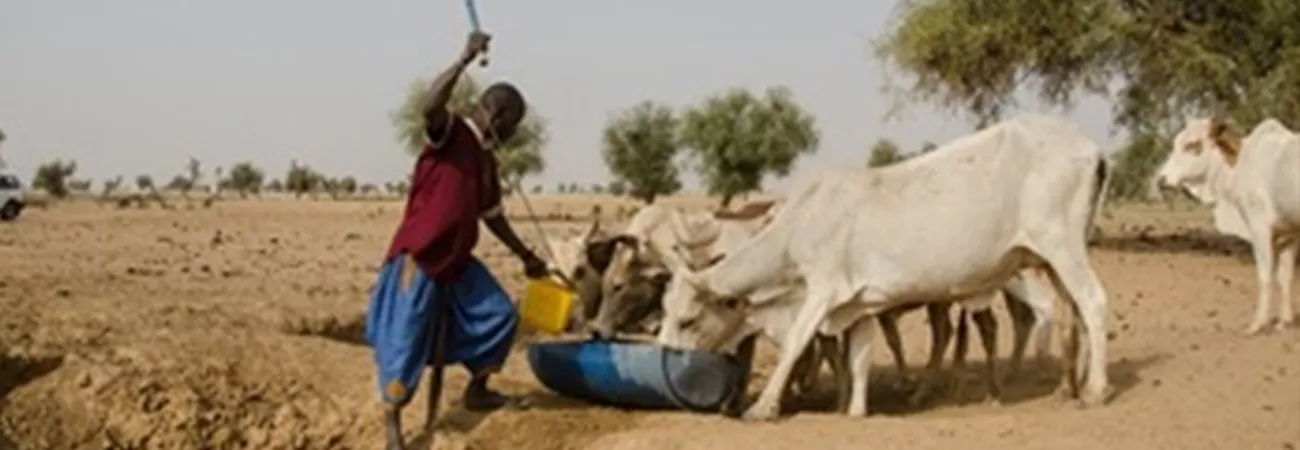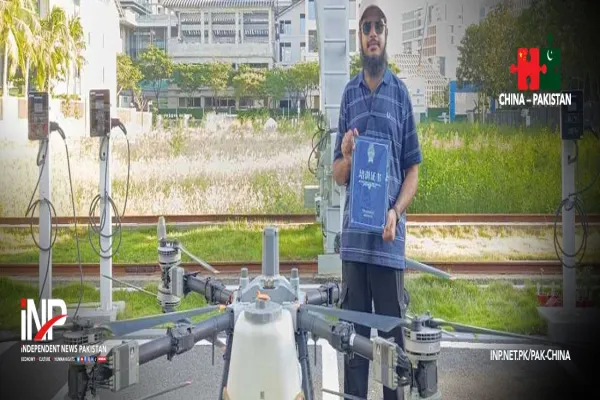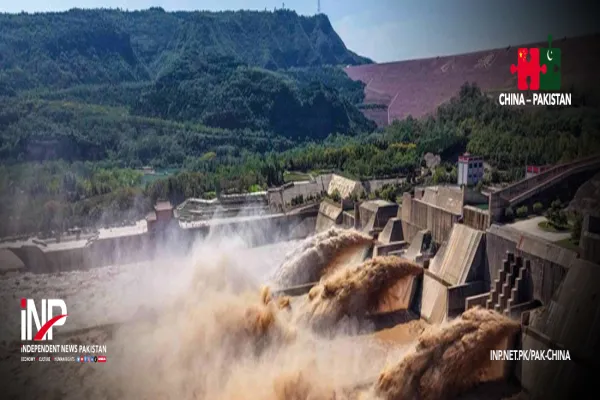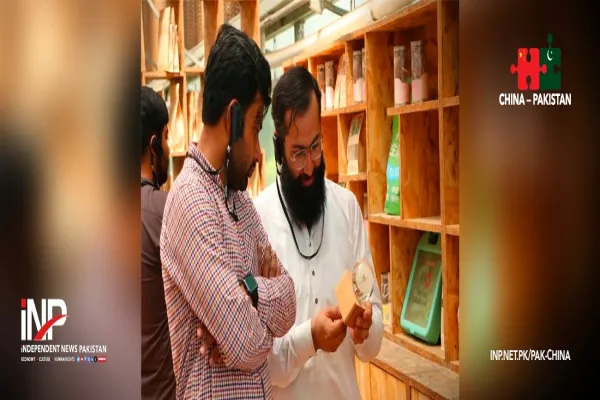i NEWS PAK-CHINA
“Rural regions in Pakistan have an essential role to play in the transition to net-zero emissions and in building resilience against climate change”, said Dr. Farooq Khurum Shehzad, Assistant Professor of the University of Engineering and Technology, Multan in an interview with China Economic Net (CEN). He shares that overall, the rural carbon footprint is about 20% larger than the urban one. There is an urgent need to transform emission-intensive activities in rural regions into environmentally friendly and net-zero alternatives.
“We face melting glaciers and floods in all the provinces this year. Increased frequency and intensity of extreme weather events threaten resource-dependent livelihoods (mining, forestry, fisheries, energy and tourism). Rural communities are required to face climate change pressures, but rural firms and households lack sustainable alternatives. Population ageing, limited economic diversity, dependence on external markets and missing (digital) infrastructure all exacerbate their vulnerability”, he added. Pakistan contributes less than 1% of the global greenhouse gas emissions but every year the country keeps on climbing up the ladder of climate vulnerability. According to the long-term German Watch index, Pakistan is constantly among top 10 climate vulnerable countries.
It is suggested that rural policies need to become climate-proof and actively take advantage of new development opportunities. A collaborative and place-based approach reflecting local interests, circumstances, and geographic locations can be conducive to mitigating the impact of climate change on rural communities.“Renewable energy is in most instances a capital-intensive activity, and its impact at the community level in terms of job creation is rather limited. In the trade-offs between energy security, climate change mitigation, and economic development (job creation), focusing on ensuring the supportive ingredients will be a step forward in promoting renewable energy in rural communities”, Dr. Farooq added.
Dr. Farooq Khurum Shehzad obtained his doctorate at Beijing University of Chemical Technology, China, which has also been making endeavors to conserve rural energy. The country held the first rural energy development conference this year, aiming to revitalize the rural areas through energy transformation. On the conference, Zhu Tong, researcher of Institute of Industrial Economics of Chinese Academy of Social Sciences regarded the success of rural energy transformation as “the key to rural revitalization”. While there is always a limit to the returns gained from cash crops and industrial development, there is no upper limit to clean energy development, as excessive energy can be transferred to other places.
Currently, Tianjin Institute of Industrial Biotechnology (TIB), Chinese Academy of Sciences, and Chinese and Pakistani universities are working together to install the first pilot scale energy project on campus in Pakistan, utilizing the campus food waste.“The project will address ‘energy efficiency and clean energy production practices at industrial scale’ spelled out in Sustainable Development Goals-7 (SDG-7) proposed by United Nations, which are intended to be achieved by the year 2030. Through the cooperative research between China and Pakistan, we would expand scientific and technological cooperation between the two countries and schools to promote the energy transformation and utilization of organic waste in Pakistan”, Dr. Farooq told CEN.
Credit: Independent News Pakistan









